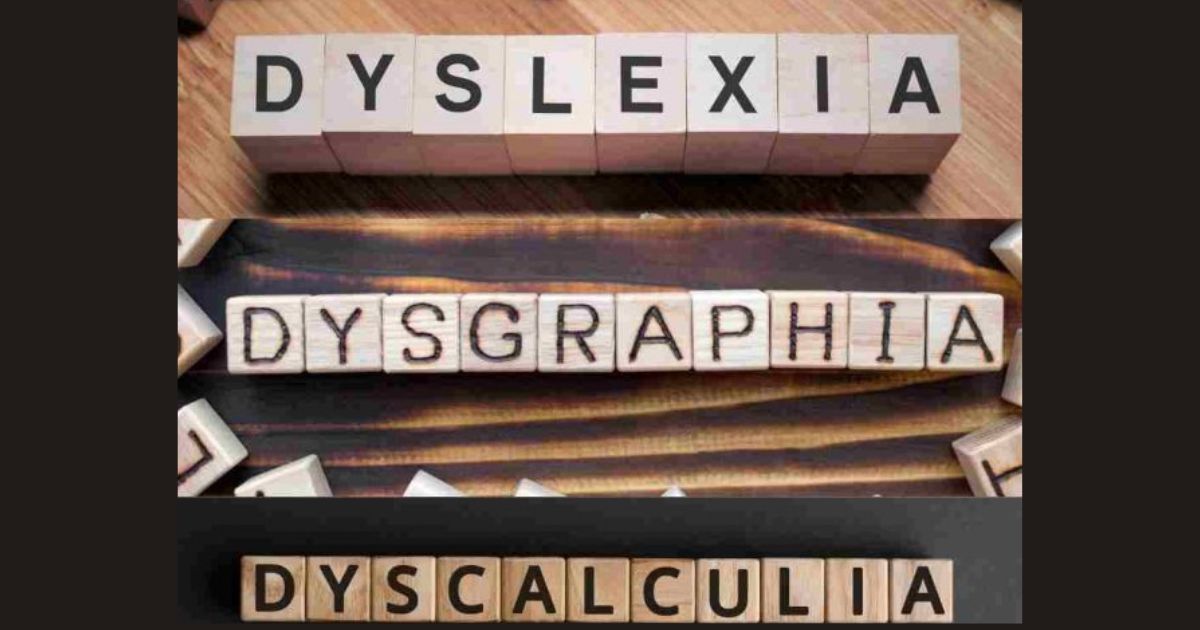Can I Appeal if My Child is Denied an IEP?
If you have a child with special needs, getting an Individualized Education Program (IEP) is essential to ensure they get the education and support they need. But what happens if your child's school denies them an IEP? Can you appeal? Absolutely! If your child has been denied an IEP, you may be wondering what your next steps are.

You can appeal the decision, but it's important to understand the process and what to expect. There are two methods to appeal a denied IEP: You can request mediation with your child's school or request an IEP due process hearing.
Who Can Assist in my Denied an IEP Appeal?
You should immediately contact your state’s Department of Education Disability Rights office. They can provide you with additional resources, such as advocates and special education lawyers, to help you prepare your appeal. You are entitled to have an advocate or attorney advocate for your child throughout your appeal.
They are experts in special education and they can help you navigate through the bureaucratic red tape. They can also help you be a stronger advocate for your child throughout the process. They can help take some of the burden off of your shoulders since it’s extremely emotional advocating for your child when you already feel like the system is failing you and the school isn’t supporting you. Working with my state’s disability rights office helped me focus on the key issues without letting my emotions take charge.
What is Mediation?
Mediation is an alternative dispute resolution process. It consists of you, a school representative, and a neutral third party. Mediation is not a court hearing. It is intended to help you propose changes to the IEP or request that the school reconsider its recommendation.
It’s important to remember that mediation isn’t binding. The mediator is a neutral third party that is there to try to help you and the school representative discuss your concerns and reach an agreement or compromise on the school’s findings or recommendations. You’re not required to participate in mediation, but it could help you resolve your IEP concerns and disputes quickly.
When is a Due Process Hearing Warranted?
If you are unable to resolve your concerns through mediation, or if you decide that you don’t want to participate in mediation, you can request an IEP due process hearing.
What is a Due Process Hearing?
A due process hearing involves you and the school district. You and the school district representative will appear before an impartial hearing officer. During the due process hearing, both parties can present written evidence to support their positions. Both parties can also call witnesses to support their position.
Think about who knows your child best. You can call your child’s psychiatrist to explain their diagnosis, progress, and medication. You can call your child’s therapist or counselor to explain what areas they struggle in the most and how they are progressing in therapy. You can call any other witness, such as a caregiver or other provider, to provide information that can provide evidence and give more background than what was written in the IEP eligibility report.
How Long do I have to request a Due Process Hearing?
The Individuals with Disabilities Act, IDEA, requires that parents formally file a request for an IEP due process hearing within two years of learning about the dispute. If you don’t file your request within two years, you forfeit your right to a due process hearing.
To formally request a due process hearing, you must provide a written request to the school and file it with the state or local education agency in charge of conducting due process hearings. Your request must include your child’s name, address, the name of the school, a description of the facts, and a suggested resolution.
Who Determines a Due Process Hearing?
An impartial hearing officer or panel of independent hearing officers are responsible for holding due process hearings. The IDEA requires the hearing officer to issue a decision and mail a copy to the school district and the parent within 45 days from when the education agency receives your request for a hearing. If you don’t agree with the hearing officer’s decision, you can appeal the decision further to state or federal court.
Can I File a Complaint with my State Education Agency?
You can file a complaint with your state education agency. You should explain all of the facts and how you believe the school violated the Individuals with Disabilities Education Act, IDEA. The state education agency is required to resolve the complaint within 60 calendar days. The state agency may extend the time limit only if exceptional circumstances exist.






